What role does correspondence play in your revision practice?
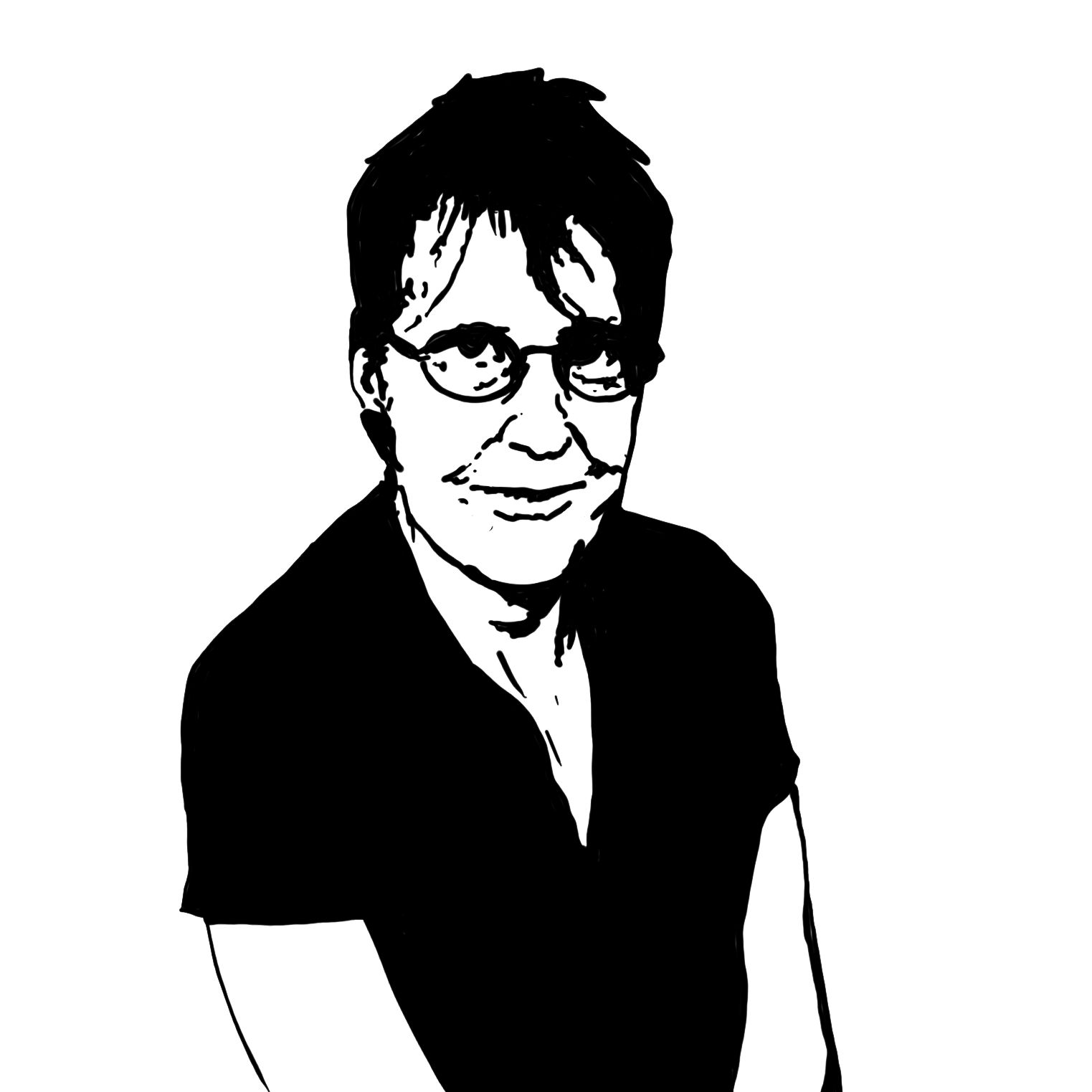
I think one reason that I tend to send poems out is that I will be dissatisfied and fool with things forever unless somebody goes, "Hey, that's good."
More from Rae Armantrout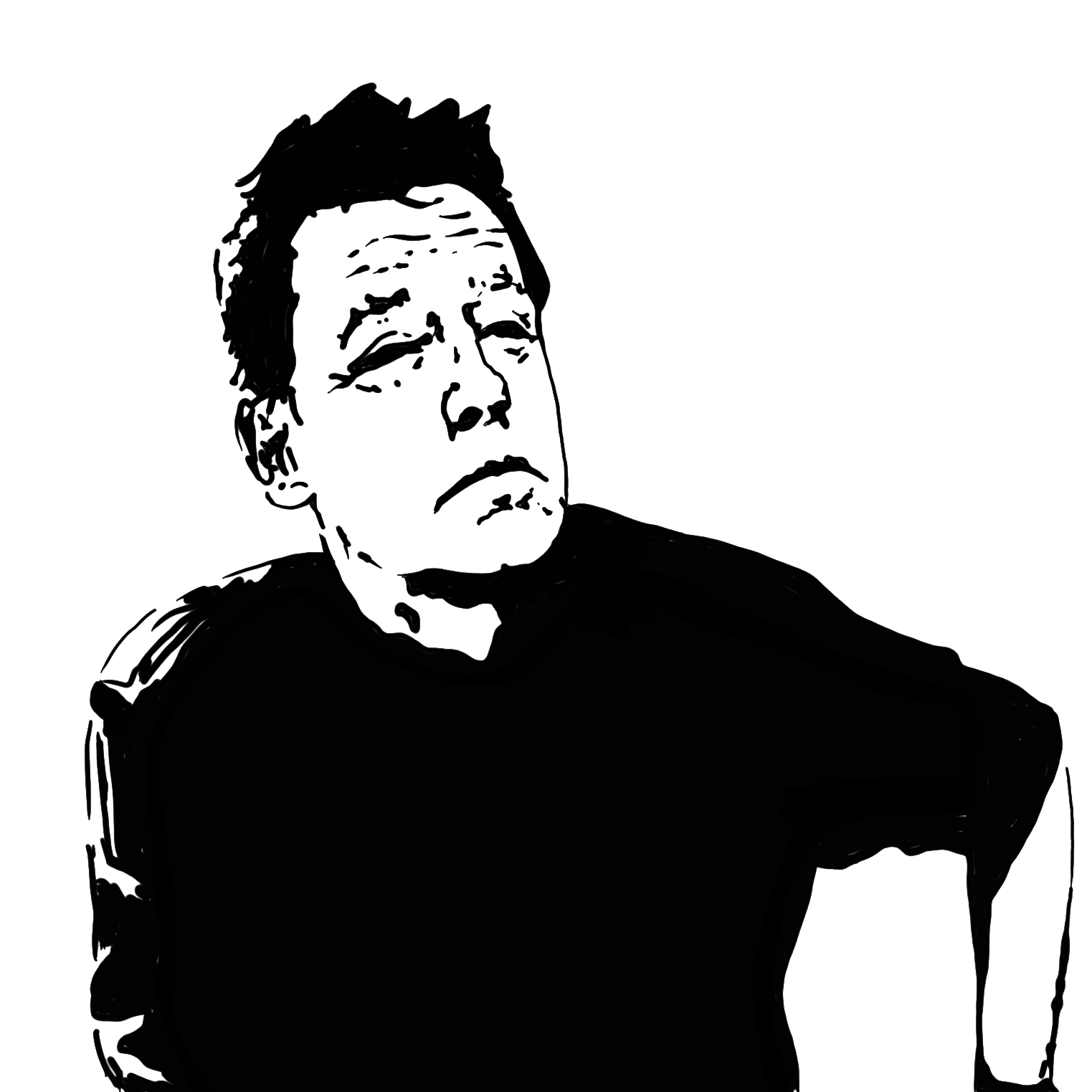
I keep all the physical copies of all the poems that have come back from the people I've shown them to, which I use a lot in revising. We read all of each other's work. We tend to read each other's work when we reach the point we call "exhausting our resources," which means that you've revised enough that there is nothing in the draft that makes you—that you know you could improve. You've reached the point where you've done everything you can to it, and it's time to get somebody else's feedback. Suzanne will read my work, and she's a really great reader, and give me really honest feedback on what's working well and what needs work. And then I have, I don't know, four or five friends that I tend to share my work with. Usually after Suzanne has read it and I've revised it further, I'll send to them.
More from Bruce Beasley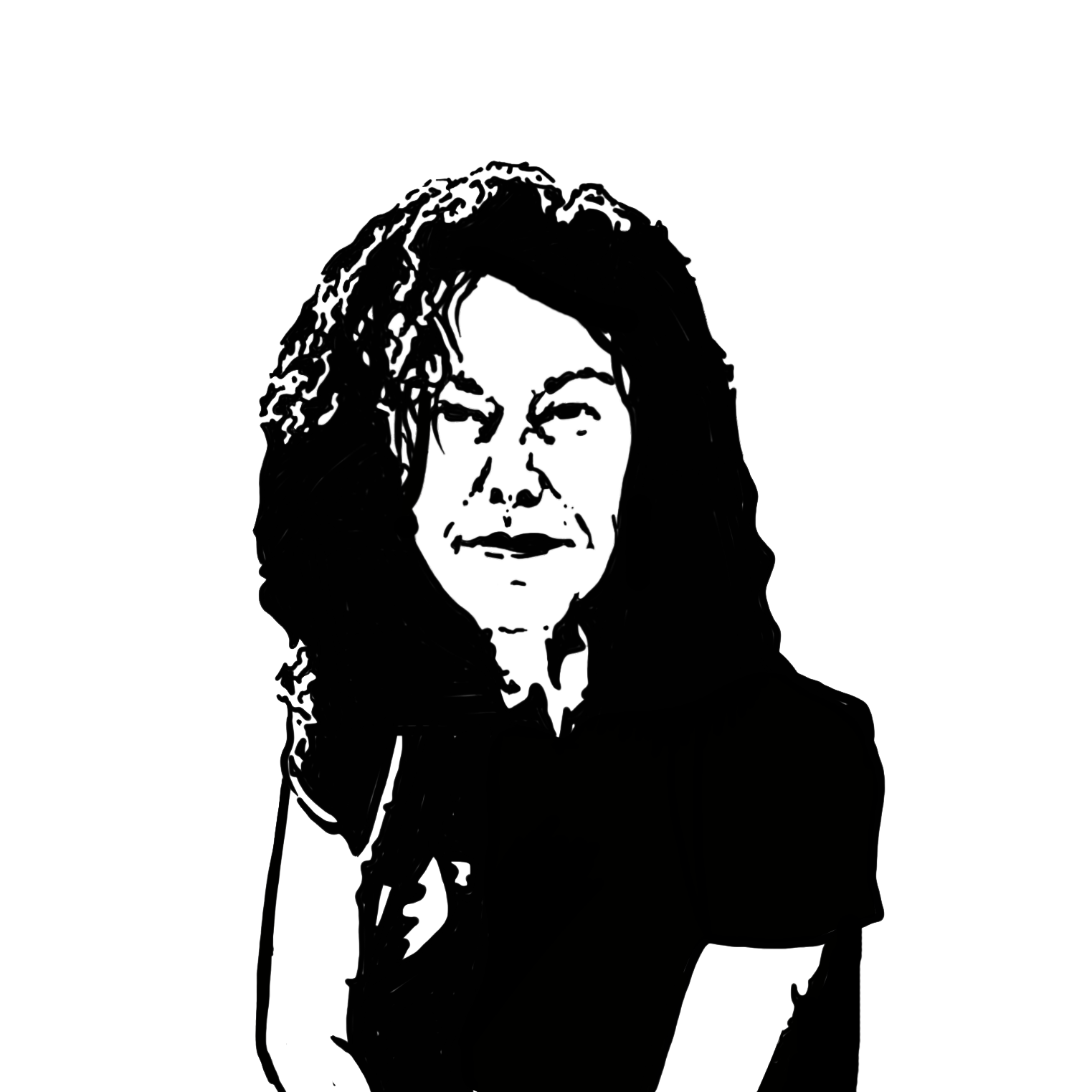
... And so, I end up with a paper copy in a file, at least one. And also at that point, I'm usually trying to bribe a couple of friends in to reading it before I send it off. So, I'm either emailing them, or handing them a copy.
More from Amy Gerstler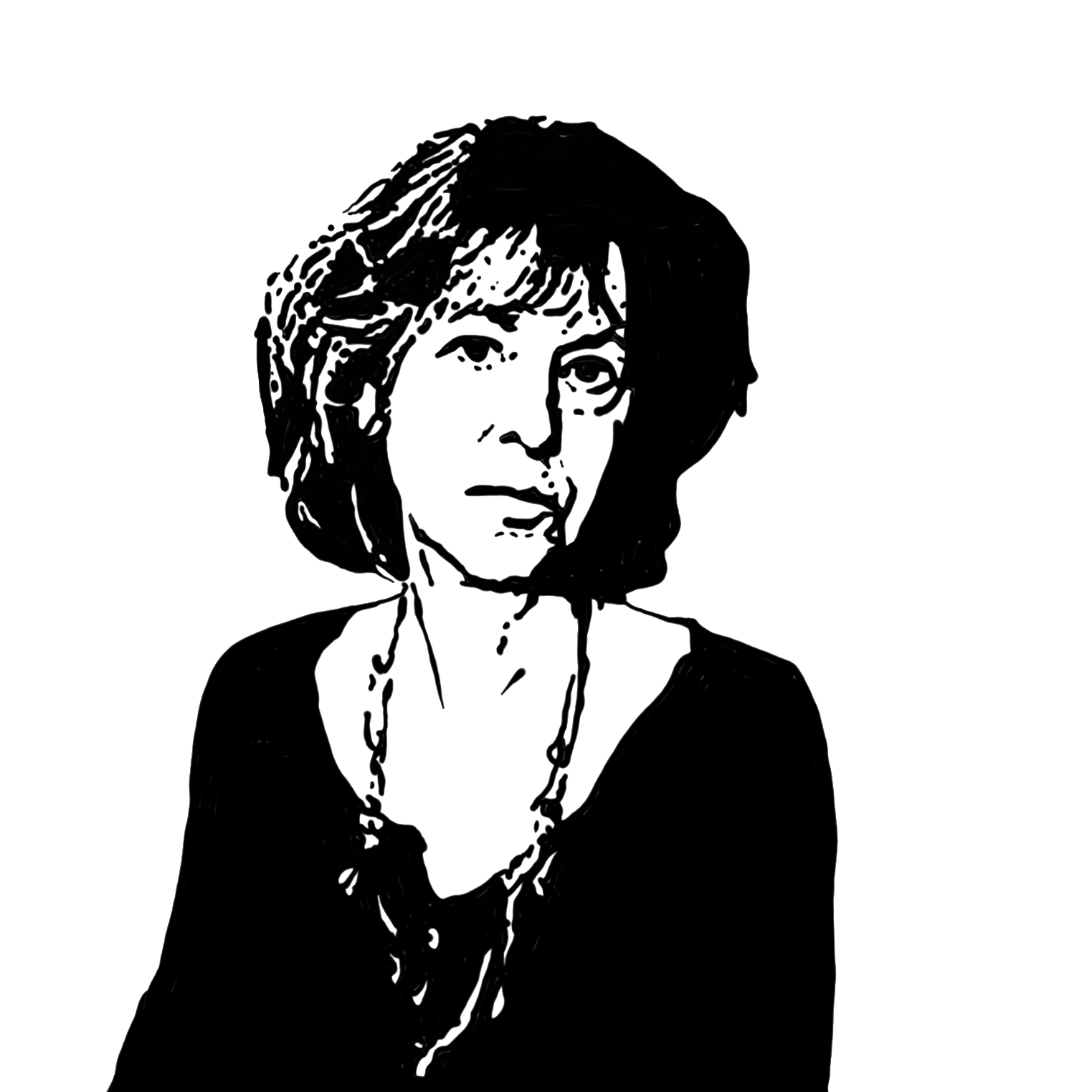
Sometimes, you'll feel these poems—if they're ever going to be understood by anyone—will be understood by X. And you're usually right—when X says, "This won't do," you trust it, because the person is basically on the side of the work. Whereas if you show it to somebody who, from the outset, says, "This is just a disaster"—you know, it's too late to unwrite it. It's going to get written, and you could suppress it if you wanted, but... So, it's shifted. I mean, there are certain people who have been constant for a very long time. Kathy Davis has been stratospherically helpful, and I like working on her novels. I learned a lot from working on prose.
More from Louise Glück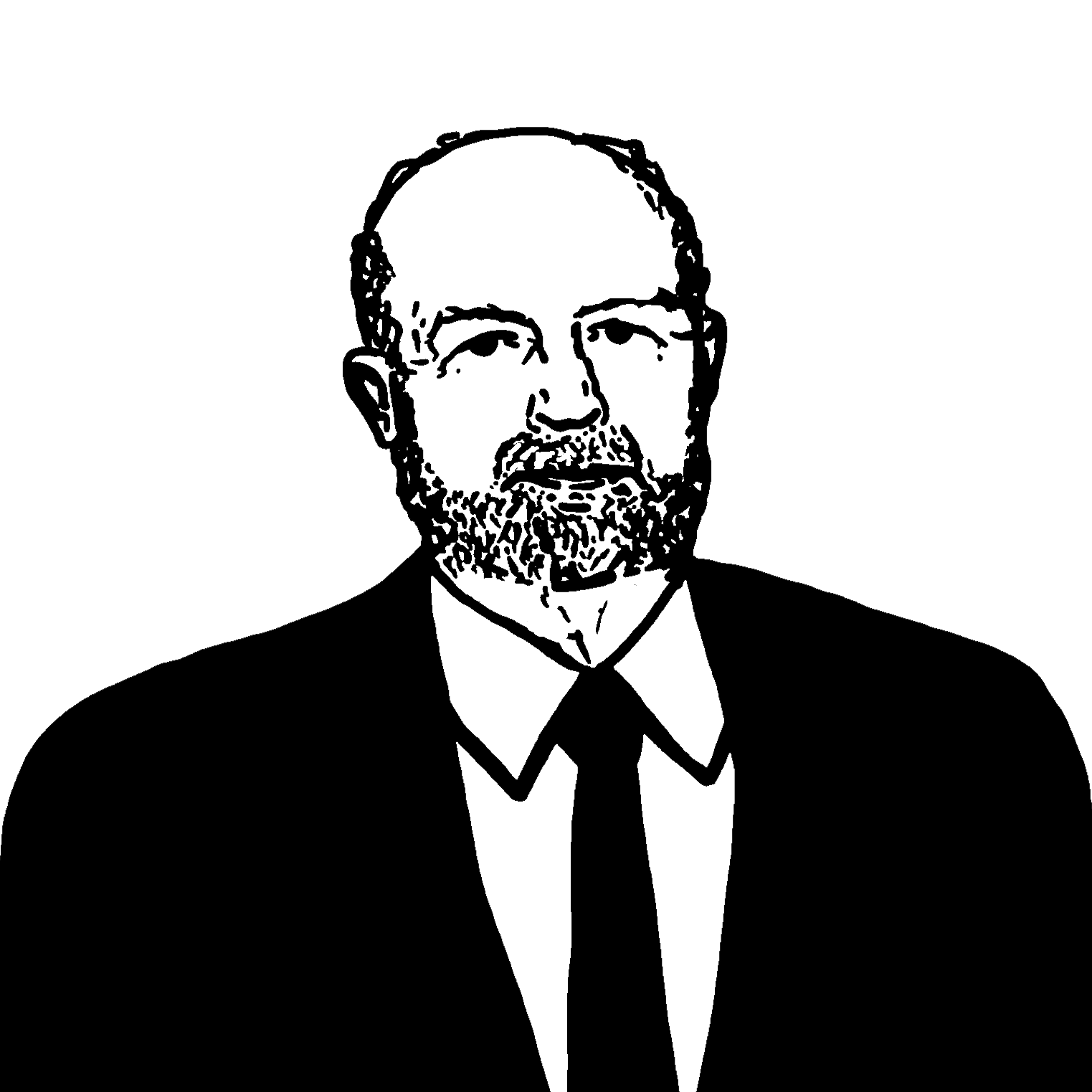
I'll send then drafts and get responses from them that are almost always helpful. And they're helpful in terms, less of my being able to meet what they might have preferred, to having what they've said to me help me prefer what happens once I make the revisions.
More from James McMichael
Yeah, I have friends. Louise sees what I write. Alan sees what I write. And maybe Gail Mazur. Different times of my life there have been different friends—always somebody around. Jim Olson. Sometimes I email things to Jim.
More from Robert Pinsky
Well, I have trusted readers, some of whom I've had for a very, very long time. I think what you want in a reader is somebody who loves your work-and maybe loves you-but will tell you the truth about a piece. Even to the point of saying, "This really doesn't work at all, and belongs in the bone pile," but who will tell you, at every place, what doesn't work for them. And you can get a group of these responses, and you can see which ones are useful. I've changed things because of those responses, but I also have not changed things.
More from Michael Ryan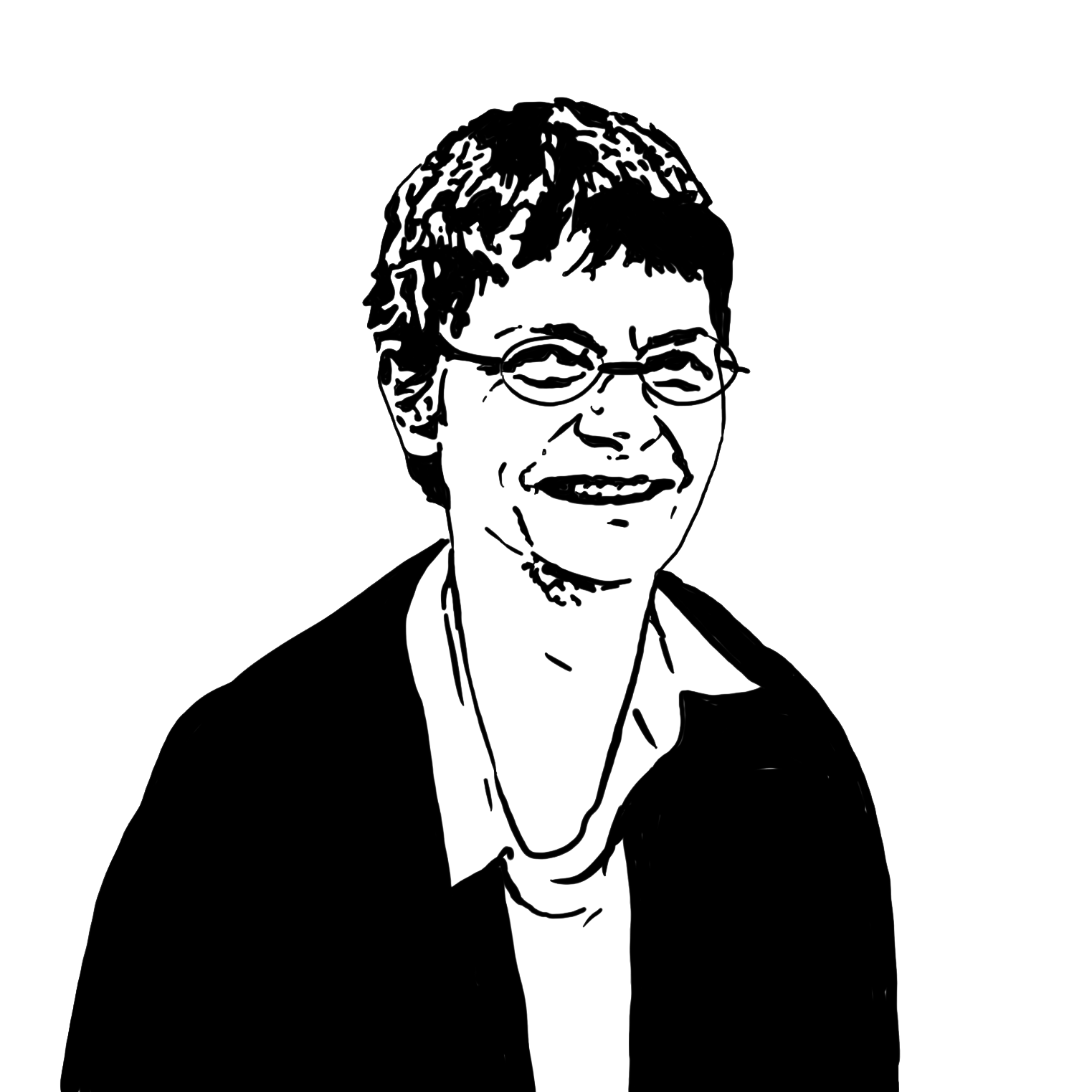
Sometimes I send some stuff to Denise Duhamel who is also a dear friend, but mostly, after it's almost sort of done.
More from Stephanie Stickland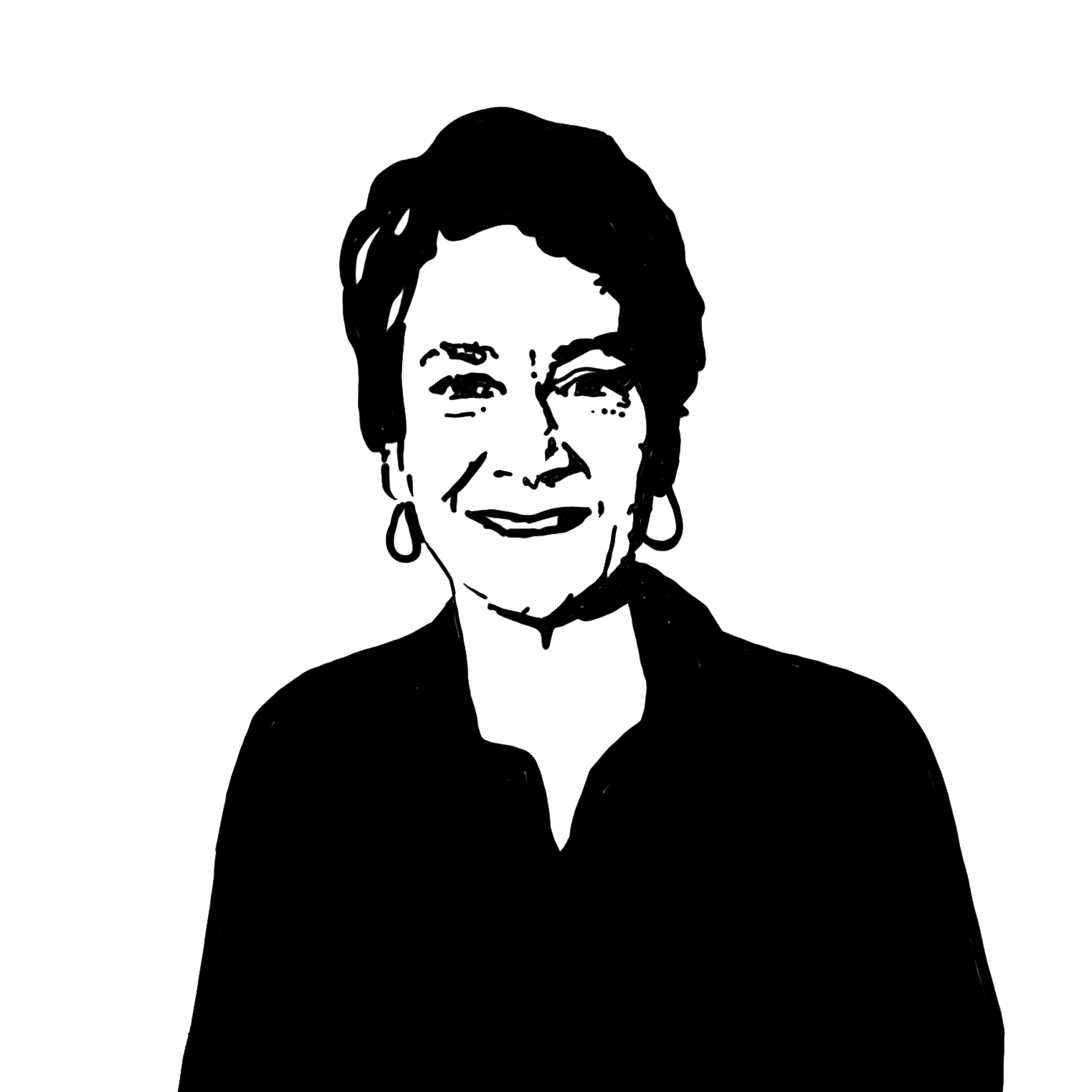
Well, my husband reads everything and he's a really, really tough critic-really, really tough. It's very good, but… he's a smart reader and he also kind of know what I'm capable of, and if I don't measure up, he'll tell me. I [also] have a couple of fiction writer friends that I have shared work with.
More from Nance Van Winckel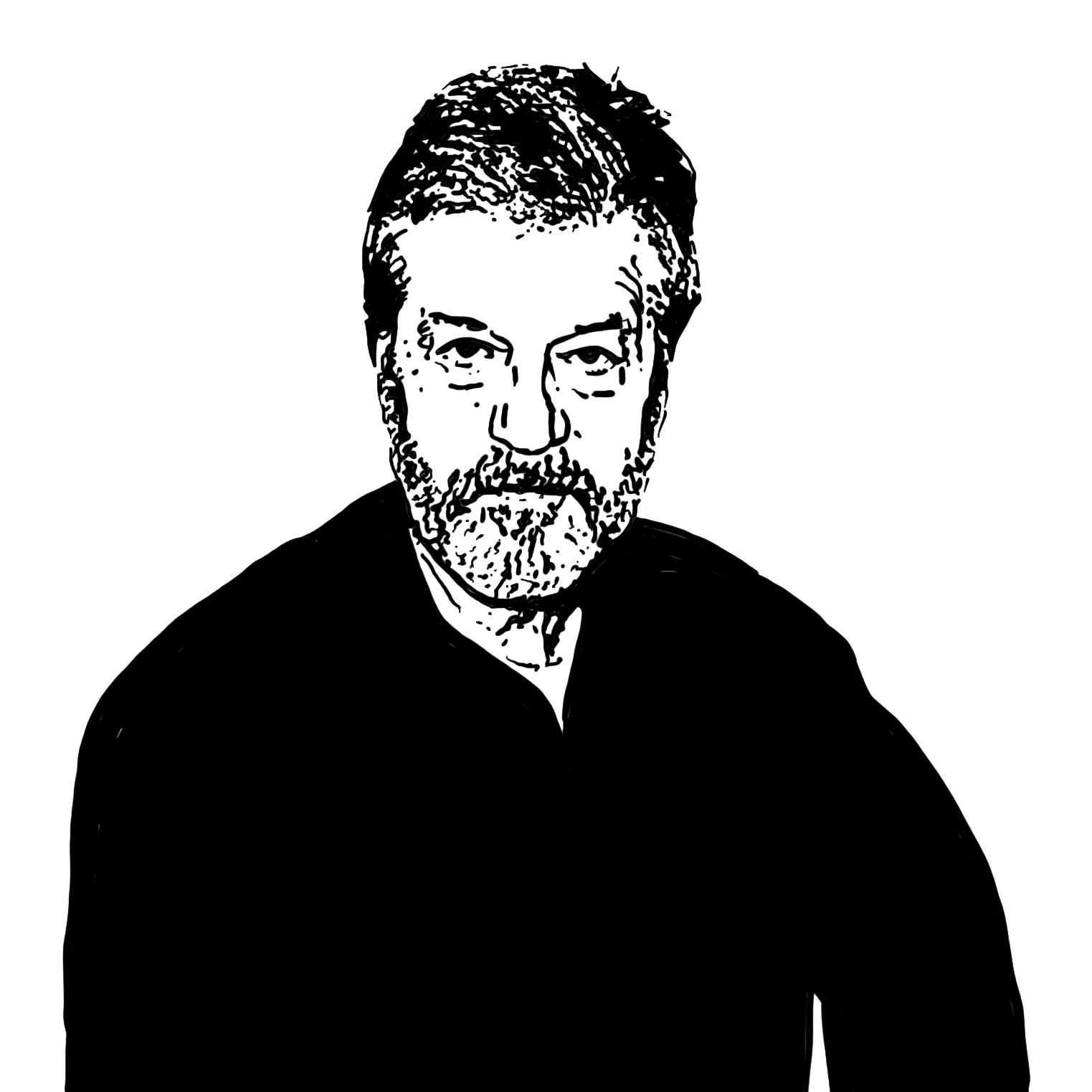
Kim is my principal reader and she knows me so well that she can tell when she needs to be supportive and can tell when she needs to be mean. Sometimes, you just need to have a kick in the pants. But she's also the one who says, "Okay, here's where you need to open it up, right here, right in this spot," and she's almost invariably correct. "Oh yeah, you're right. I need to develop that spot. I need to go somewhere else. I need to bring some other kind of image, some other kind of a reference." I have a couple of friends that I will send poems to on occasion. Dorianne Laux has looked at poems for me, and Henry Carlile, who lives over in Portland, a wonder poet. On a couple of occasions, Phil Levine has looked at some things for me. But mostly no. I don't have that kind of network of other writers.
More from Robert Wrigley